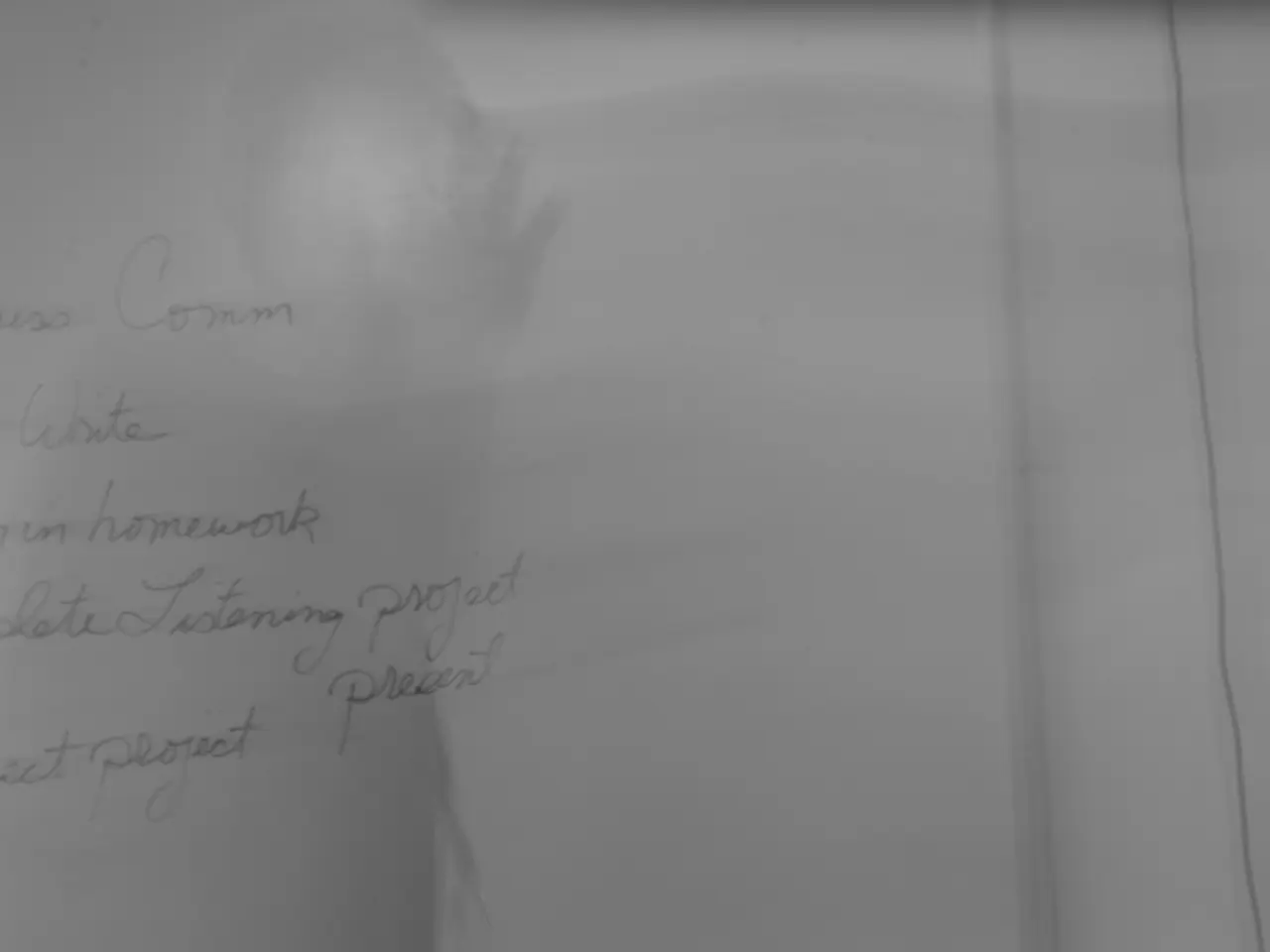Progressive taxation is increasingly seen as inevitable among Romania's governing parties, yet they remain divided on the exact timing for its implementation.
In a significant move towards modernizing its taxation system, the Romanian government has proposed a progressive tax rate on gambling winnings as part of the Draft Law on Fiscal-Budgetary Measures. This draft, currently under public consultation, aims to generate an additional €1 billion annually under the National Recovery and Resilience Plan (PNRR).
The proposed tax rates for gambling winnings are as follows: - 10% on winnings up to 10,000 lei (approximately €1,970) - 20% on winnings between 10,001 and 66,750 lei, with a base deduction of 1,000 lei - 40% on winnings over 66,750 lei, with a base deduction of 12,350 lei[1]
The government is also implementing broader fiscal measures, including increasing VAT rates and health contributions, to address the budget deficit. The standard VAT rate will rise from 19% to 21% starting August 1, 2025, and reduced rates will also increase[4].
However, the extension of a comprehensive progressive taxation system across all income types is not explicitly mentioned in recent announcements. Deputy Prime Minister Tanczos Barna, a senior figure in the Democratic Alliance of Hungarians in Romania (UDMR), has suggested that Romania will eventually adopt a progressive taxation system. Similarly, Sorin Grindeanu, interim president of the Social Democratic Party (PSD), has echoed Barna's remarks, stating that the flat tax system will eventually be replaced by a progressive model[2].
The push for change comes amid rising pressure to reform public finances and broaden the tax base in line with European standards. Only three EU states do not currently apply progressive taxation[3]. The UDMR and the PSD, both part of Romania's ruling coalition, have previously advocated for progressive taxation during coalition negotiations[5]. However, the Liberal Party (PNL) and the reformist USR party have consistently argued against progressive taxation[6].
Barna has noted that the decision to maintain the flat tax rate in 2025 was made after internal discussions within the UDMR and coalition talks with the PSD and National Liberal Party (PNL)[7]. He also admitted that there are few forms of tax that could replace a VAT increase, and progressive taxation could be a solution in the future[8].
The implementation timeline for these reforms is not detailed, but the urgency is driven by the need to address the budget deficit and comply with EU recommendations. The government aims to finalize the fiscal reforms relatively quickly, given the economic pressures and the need to avoid severe economic instability[4].
In conclusion, while Romania is moving towards reforming its taxation system, including progressive taxation on specific sectors like gambling, the extension of this system to all forms of income is not yet detailed. The focus remains on addressing the budget deficit and implementing fiscal measures to align with EU economic policies.
[1] Source: https://www.digi24.ro/stiri/economie/taxe-pe-cazinou-din-2025-va-fi-de-10-20-sau-40-procent-dependente-de-suma-coborasca-la-20-000-euro-203561 [2] Source: https://www.romaniatv.ro/stiri/politica/grindeanu-va-fi-introdusa-systema-de-taxare-progresiva-in-romania-202533 [3] Source: https://www.bloomberg.com/news/articles/2021-07-15/romania-s-flat-tax-is-a-relic-in-europe-s-progressive-age [4] Source: https://www.reuters.com/business/romania-to-raise-vat-rates-august-2025-finance-minister-2021-07-09/ [5] Source: https://www.digi24.ro/stiri/economie/taxe-pe-cazinou-din-2025-va-fi-de-10-20-sau-40-procent-dependente-de-suma-coborasca-la-20-000-euro-203561 [6] Source: https://www.romaniatv.ro/stiri/politica/liberalii-si-usr-au-opozit-sistemului-de-taxare-progresiva-202533 [7] Source: https://www.digi24.ro/stiri/economie/taxe-pe-cazinou-din-2025-va-fi-de-10-20-sau-40-procent-dependente-de-suma-coborasca-la-20-000-euro-203561 [8] Source: https://www.romaniatv.ro/stiri/politica/barna-va-fi-introdusa-sistemul-de-taxare-progresiva-in-romania-202533
- The discussion about implementing a progressive taxation system across all income types in Romania, as suggested by Deputy Prime Minister Tanczos Barna and interim president of the Social Democratic Party (PSD) Sorin Grindeanu, seems to be part of the broader context of politics and policy-and-legislation, particularly concerning the modernization of the country's taxation system.
- The Romanian government's revealed plans to eventually adopt a progressive taxation system, according to Barna's remarks, align with general news trends in Europe, where only three EU states currently do not apply progressive taxation, as stated by a Bloomberg report.




